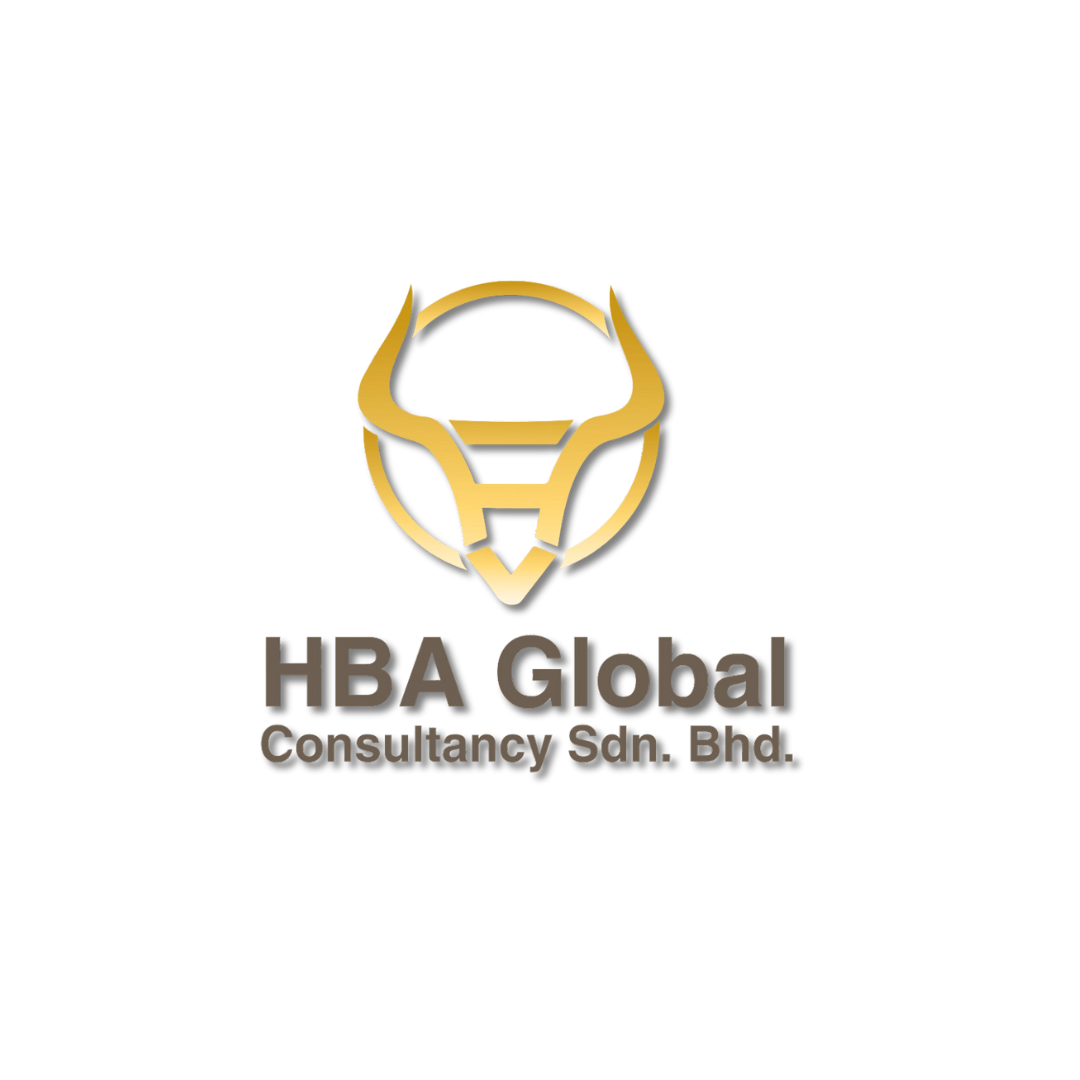We map the local payment touchpoints and online channels so you can file and pay with confidence. This introduction explains how the self-assessment approach works and what you must do to meet obligations without delay.
Malaysia’s system taxes income sourced in the country, while some foreign receipts are exempt for most non-banking and non-insurance taxpayers. We show how your year of assessment aligns with your financial year-end and what that means for filings.
Our expert team supports employed individuals, sole proprietors, partners, and directors with a streamlined service that combines documentation, calculation, review, and submission. We also highlight where online services penang replace office visits and where an in-person meeting still helps resolve complex issues.
Key Takeaways
- We outline local offices and online channels for fast filings.
- The self-assessment system makes you responsible for correct computation.
- Territorial rules mean most Malaysia-sourced receipts are taxable; some foreign amounts are exempt.
- Your year of assessment follows your financial year-end under IRB rules.
- We deliver a cohesive service to reduce errors, delay, and audit risk.
Understanding Malaysia’s Tax System in Penang for the current year of assessment
We break down the mechanics of the current assessment system so you can align accounting cut-offs and submissions. The regime operates on a current-year, self-assessment basis and requires you to compute figures accurately, file on time, and keep supporting records.
Territorial scope and filing mechanics
The system is territorial: receipts arising in or derived from Malaysia are generally taxable. Most foreign-sourced receipts received in Malaysia are excluded, except where a resident company carries on banking, insurance, or sea/air transport.
Year of assessment and financial year-ends
Your YA follows your company or business financial year-end. For example, accounts closed 30 June 2018 relate to YA 2018. This timing affects when you prepare returns, pay, and respond to reviews.
Residency, direct vs indirect charges
Residency affects rates, reliefs, and exemptions. Direct charges include income tax and real property gains; indirect charges cover duties and stamp obligations. Capital gains are generally not taxed, and treaty relief can prevent double taxation.
Income tax Penang: where to pay, which offices to visit, and how to use online services
Navigate filing locations and e-forms with confidence: we explain which office or portal fits your profile. For in-person needs, Wellpoint Taxation Sdn. Bhd. serves Penang and Kedah with local offices in Butterworth, Penang, and Sungai Petani. These touchpoints handle advisory, audit support, and integrated reporting services.

IRB/Hasil offices and coverage
Visit an IRB/Hasil counter when you need certified copies, complex case meetings, or help resolving portal errors. For routine filings, the portal usually delivers faster turnaround.
Online filing via IRB e-Forms
Register and log in to the IRB portal to select the correct form. Use e-BE/e-B for resident individuals, e-M for non-residents, e-C for a company return, and e-E for employer remuneration reporting.
Payment options, deadlines, and compliance checkpoints
Payments are commonly made via online banking or FPX through the portal. Capture payment references for reconciliation. Build checkpoints around filing and payment deadlines to reduce penalties and secure audit trails.
Documents to prepare before submission
- Identification, employer EA/EC slips, and source ledgers.
- Business accounts, withholding computations, and payroll reconciliations for the year.
- Contracts, invoices, and supporting schedules to support any share or deduction claims.
Our services compile your data, complete the correct form, review for accuracy, and submit securely. If the portal flags errors, we handle corrections, amended filings, and correspondence to finalize your file.
Expert income tax services in Penang for individuals and companies
We deliver practical guidance for both personal and corporate filings. Our team helps you choose the correct e-form, prepares defensible computations, and files on time under Malaysia’s self-assessment framework.

Personal services for employed and business owners
We assist residents and non-residents with e-BE, e-B, and e-M filings. You receive tailored advice on reliefs, documentation, and deadlines so claims are accurate and supported.
Corporate compliance and employer returns
Our team prepares e-C company returns and e-E employer submissions. We align year-end accounts with a tax pack to streamline reviews and reduce rework.
Advisory, audits, incentives and cross-border rules
We provide transfer pricing, withholding compliance, incentive guidance, and audit support. If you face a review, we prepare reconciliations and defend positions with robust evidence.
“Local presence in Butterworth and Sungai Petani keeps our response times fast and our client support practical.”
| Service | Scope | Outcome |
|---|---|---|
| Personal filings | Reliefs, e-BE/e-B/e-M | Accurate claims, timely filing |
| Corporate returns | e-C, e-E, reporting packs | Audit-ready compliance |
| Advisory & audits | TP, withholding, incentives | Risk reduction, savings |
Conclusion
Let us summarize practical actions that keep your filings accurate and audit-ready each year.
We align reporting with the IRB current-year self-assessment system so you meet deadlines and support figures with clear evidence. Our team handles e-form submission, reconciliations, and payment scheduling to reduce errors and enquiries.
For individuals, businesses, and employers we offer integrated planning and preparation. This includes advisory on special regimes for banking, insurance, and transport, plus scalable processes that keep records audit-ready as you grow.
Contact our Butterworth office to discuss scope, timeline, and deliverables. Engage us to turn complexity into a repeatable process that protects value and supports long-term goals.
FAQ
What is the self-assessment regime and how does it affect my filing for the current year of assessment?
Under Malaysia’s self-assessment system, you are responsible for declaring accurate earnings and claiming allowable deductions for the relevant year of assessment. We recommend preparing financial records aligned to your company or personal financial year-end so you can determine the correct YA. Maintain supporting documents for at least seven years to meet compliance checks by the Inland Revenue Board (LHDN).
How does the territorial scope of taxation work for residents and non-residents?
Residents are taxed on income derived from within Malaysia, while non-residents are generally taxed on Malaysian-sourced receipts. Residency status depends on the number of days present in the country and other statutory tests. Some exemptions and reliefs apply to residents that non-residents cannot claim.
How do year-end dates influence my YA and filing deadlines?
Your YA follows the calendar year in which income is assessable, but filing deadlines depend on whether you file as an individual, sole proprietor, or company. Companies use their financial year-end to determine taxable profit for the corresponding YA. Keep proper accounting records to map transactions to the correct assessment period.
What are the main differences between direct and indirect levies for businesses and individuals?
Direct levies are charges on income or profits assessed to the payer, while indirect levies apply to consumption or transactions (for example, sales-related duties). Individuals and companies should focus on compliance with direct assessments and ensure transactional systems capture indirect obligations.
Where are the LHDN offices that serve George Town and Butterworth?
LHDN maintains regional offices covering the island and mainland portions of the state. We can direct you to the nearest branch location and provide contact details for George Town and Butterworth branches so you can handle in-person submissions or enquiries.
Which electronic forms are available for filing, and how do I choose the correct one?
The LHDN e-Forms suite includes digital returns for individuals, employers, and companies. Common e-Forms cover employment, business, company, and specific categories. We assist in selecting and completing the correct e-Form to prevent processing delays and penalties.
What payment channels and deadlines should I be aware of to stay compliant?
Payments can be made via online banking, FPX, counter services, or designated collection agents. Deadlines differ by taxpayer type and filing method. We monitor cut-off dates and offer payment scheduling guidance to reduce the risk of late-payment interest and fines.
What documents should I prepare before making a submission or payment?
Prepare identity documents, employer or business statements, audited or unaudited financials where applicable, relevant receipts, and prior-year notices. Having a complete set of records speeds up filing and supports claims for deductions or reliefs.
What personal services do you offer for employed individuals and business owners?
We provide preparation and review of tax returns, relief and exemption claims, tax planning for residents and non-residents, and representation during audits. Our services include payroll review and employer return assistance to ensure accurate reporting.
How do you support corporate compliance and reporting requirements?
We handle company returns, employer statements, corporate tax computations, and integrated reporting. Our team offers end-to-end compliance services including filing, payment reconciliation, and statutory submissions tailored to your business structure.
What specialist advisory services are available for audits, incentives, and transfer pricing?
Our advisory covers audit support, assessment reviews, incentive applications, transfer pricing documentation, and withholding obligations. We conduct risk assessments and develop strategies to optimize effective tax rates while maintaining regulatory compliance.
How do withholding obligations and cross-border transactions affect my obligations?
Payments to non-residents may trigger withholding requirements; cross-border arrangements can create transfer pricing documentation needs. We review contractual terms and transaction flows to identify withholding liabilities and prepare necessary documentation.
Can you help with assessment disputes or objections to LHDN decisions?
Yes. We prepare and submit formal objections, collate supporting evidence, and represent clients in discussions with LHDN. Our objective is to resolve disputes efficiently while protecting your interests and minimizing additional liabilities.
How do residency rules impact personal reliefs and exemptions?
Residency status determines eligibility for many reliefs and exemptions. If you meet the statutory residency criteria, you may claim resident-specific reliefs; non-residents face different rates and limited relief options. We assess your situation and advise on steps to secure applicable benefits.

